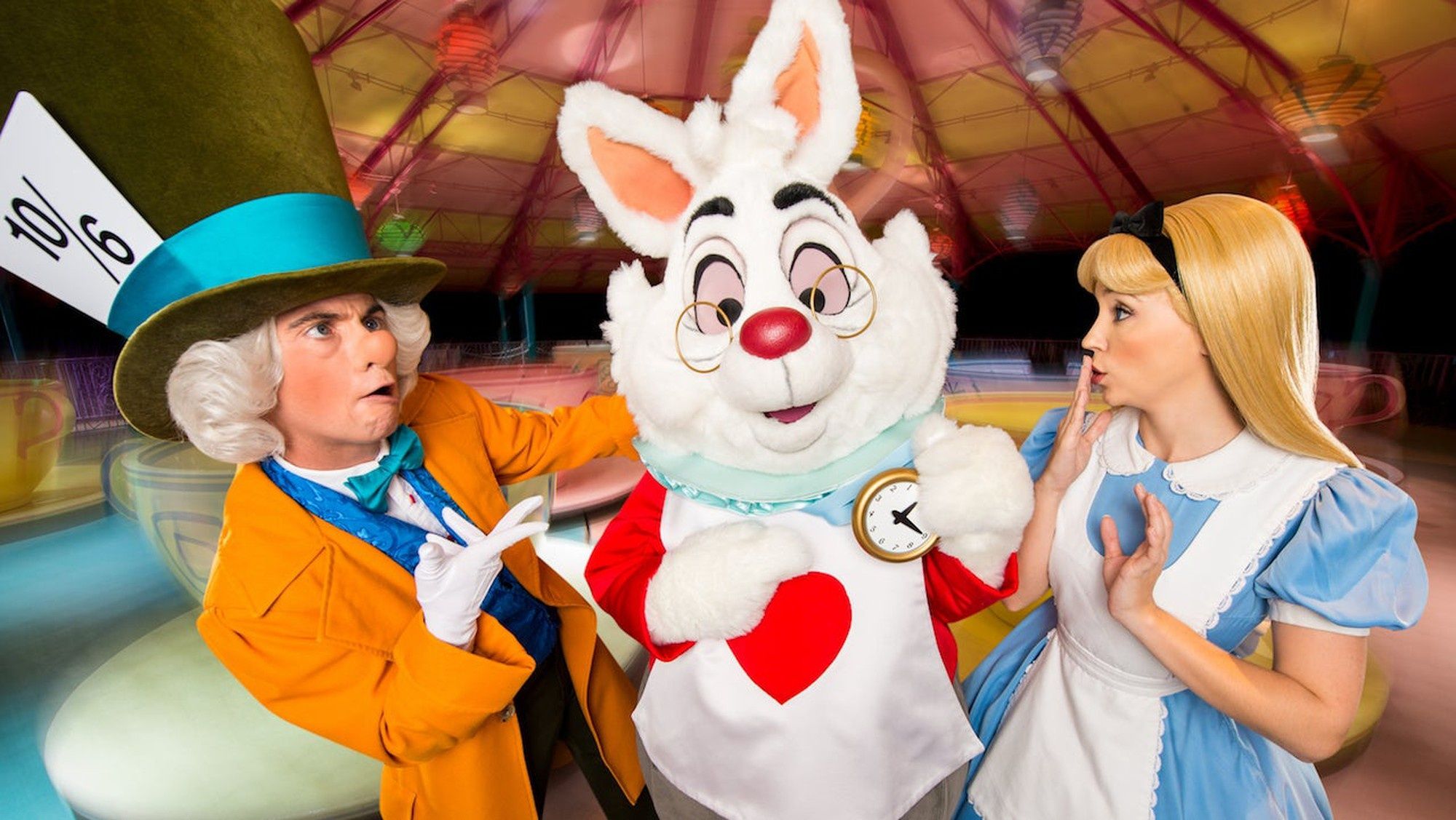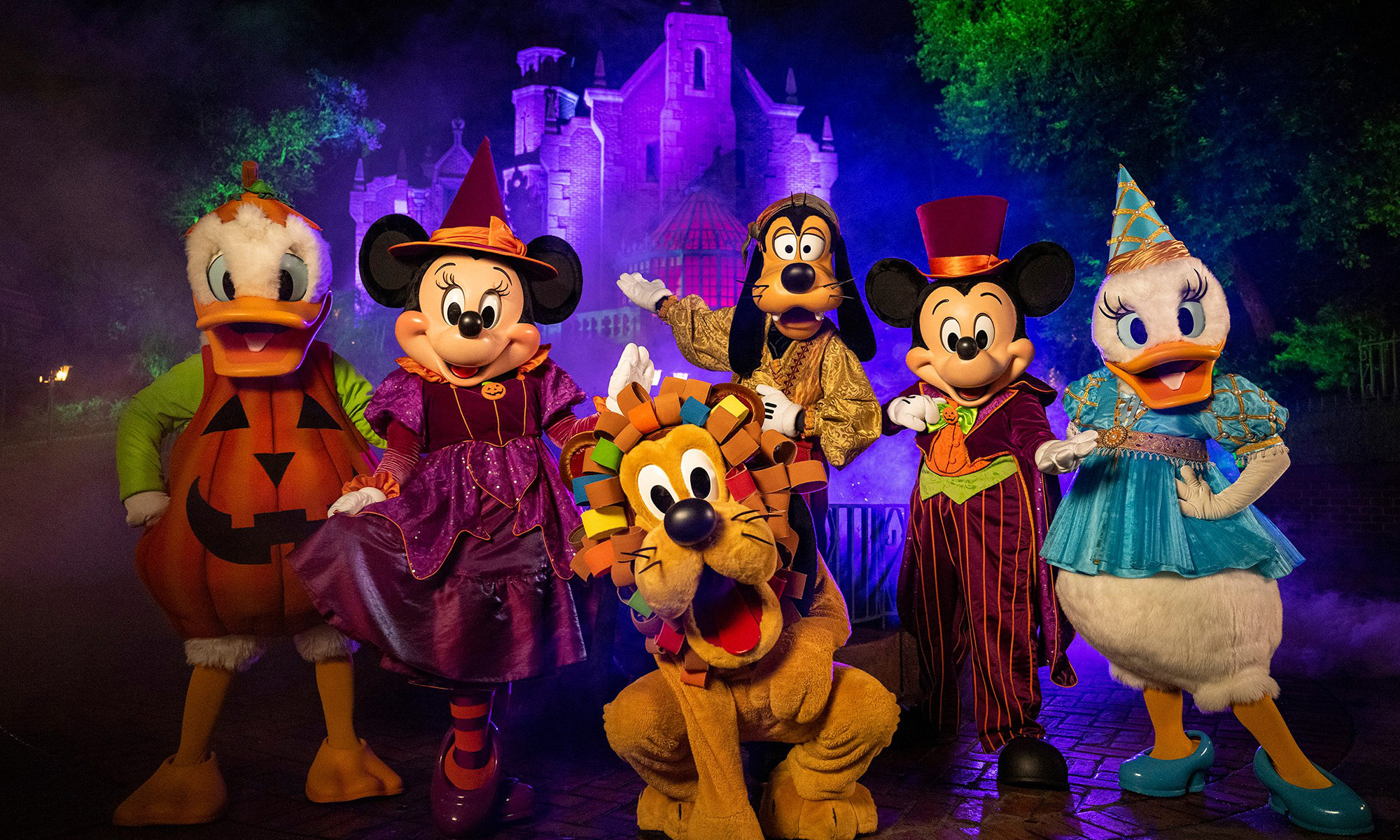The upcoming film Beauty and the Beast, Walt Disney Co.'s (DIS +0.44%) live-action remake of the 1991 animated classic, is expected to feature an openly gay character. It's the first time in the film maker's history that it will feature what the movie's director Bill Condon called in a recent interview with the magazine Attitude, an "exclusively gay moment in a Disney movie."

Image source: Walt Disney Co.
Why the movie is making headlines already
Most people know the plot of the classic movie, which features the provincial woman, Belle, adventuring to save her father from the beast who has him locked in a castle, while thwarting the muscle-bound villain Gaston and his sidekick, Lefou. It's that Lefou character, played by Josh Gad, who is also the voice of the snowman Olaf in Disney's Frozen and played a leading role in the original cast of the Broadway musical Book of Mormon, that will be featured in what Condon called the "exclusively gay" scene.
Video source: Disney Movie Trailers.
Some groups and public figures have come out publicly against the move, and so far, there seems to be some traction among their calls to boycott Disney because of it. The activist site OneMillionMoms.com, which is owned by the American Family Association, has started a petition that currently has nearly 50,000 signatures. Evangelical activist and public figure Franklin Graham wrote to his 5.9 million Facebook followers that Disney has a right to make its movies as it sees fit, but that he hopes his followers will exercise their right to no longer support the company. The Russian government has even made claims that it may ban the movie from appearing in theaters in the country, according to a report from BBC.
Could this really affect Disney in a meaningful way?

Image source: Walt Disney Co.
Those results should be heartening to Disney, but we have no reliable way to truly quantify lost box office sales from any boycott. Instead, we should ask, is there reason for investors to be concerned that controversy over Beauty and the Beast could have a meaningful negative impact on Disney or its stock? It seems very unlikely.
"These kinds of backlashes and boycott attempts generally blow over very quickly," says John Roberts, Partner and Portfolio Manager at Denver Investments. Roberts is the creator of the Workplace Equality Index and Workplace Equality ETF (NYSEMKT: EQLT), both of which track companies with more inclusive policies regarding lesbian, gay, bisexual, and transgender (LGBT) employees and communities.
Disney itself has been a member of the index for nearly a decade, during which time it has far outperformed the market. "Disney's record for being both LGBT-friendly and outperforming the market speaks for itself," says Roberts. "Disney joined the Workplace Equality Index in 2008, and since then has more than doubled the return of the S&P 500 Index."
Disney is a very large and diverse business. Its Studio Entertainment segment that is responsible for movie production, accounts for about a fifth of total sales, and Beauty and the Beast is one of eight major films set to be released by Disney in 2017. The takeaway: There's little chance that controversy over this film will have a meaningful negative impact on Disney's bottom line.







